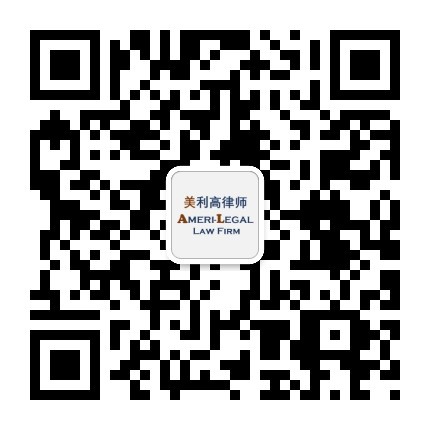The foreign investors of a treaty country are qualified for E-2 Treaty Investors visa when investing a substantial amount of capital in a U.S. business. The U.S. business could be new business or existing business, and should have the capacity to generate more than enough income to provide a minimal living for the treaty investor and his or her family. The treaty investor’s employees (managers or specialists) with the same nationality may also be eligible for this E-2 visa classification.
A substantial amount of capital is:
- Substantial in relationship to the total cost of either purchasing an established enterprise or establishing a new one.
- Sufficient to ensure the treaty investor’s financial commitment to the successful operation of the enterprise.
- Of a magnitude to support the likelihood that the treaty investor will successfully develop and direct the enterprise. The lower the cost of the enterprise, the higher, proportionately, the investment must be to be considered substantial.
E-2 Visa Eligibility
The treaty investor must:
- Be a national of a country with which the United States maintains a treaty of commerce and navigation;
- Have invested, or be actively in the process of investing, a substantial amount of capital in a bona fide enterprise in the United States; and
- Be seeking to enter the United States solely to develop and direct the investment enterprise. This is established by showing at least 50% ownership of the enterprise or possession of operational control through a managerial position or other corporate device.
The employee of a treaty investor must:
- Be the same nationality of the treaty investor (who must have the nationality of the treaty country);
- Meet the definition of “employee” under relevant law; and
- Either be engaging in duties of an executive or supervisory character, or if employed in a lesser capacity, have special qualifications.
“Duties of an executive or supervisory character” are those which primarily provide the employee ultimate control and responsibility for the enterprise’s overall operation, or a major component of it. [8 CFR 214.2(e)(17)]
“Special qualifications” are skills and/or aptitudes which make the employee’s services essential to the efficient operation of the treaty enterprise. [8 CFR 214.2(e)(18)]
If the principal noncitizen employer is not an individual, it must be an enterprise or organization at least 50% owned by persons in the United States who have the nationality of the treaty country. These owners must either: (a) be maintaining nonimmigrant treaty trader status or (b) if the owners are not in the United States, they must be, if they were to seek admission to this country, classifiable as nonimmigrant treaty traders. [8 CFR 214.2(e)(3)(ii)].
How to Apply
The E-2 visa may be applied through a U.S. Embassy/Consulate in the treaty investor or employee’s country of residence.
- File the Form DS-160, Nonimmigrant Visa Electronic Application.
- Pay the visa application fee.
- Prepare and submit E-2 supporting documents based on the instructions posted by the U.S. Embassy/Consulate.
- Receive notification from the U.S. Embassy after the supporting documents are reviewed.
- Schedule a visa interview.
- Attend the interview.
- E-2 visa approval.
Period of Stay
The initial period of stay of E-2 visa is up to two years. Extensions are granted for up to two years. There is no limit to the number of extensions may be granted.
Dependents’ E-2 Status
Spouse and children under age 21 may seek E-2 classification as dependents and, if approved, generally will be granted the same period of stay as the E-2 principal. Their nationalities need not be the same as the E-2 principal. E-2 spouse is qualified for work authorization in the U.S.
No Dual Intent
All E-2 visa holders must maintain an intention to depart the United States when their status expires. Thus, dual intent is not permissible while pursing green card in the United States. However, the E-2 visa holder may transit to a different dual intent nonimmigrant visa to apply for permanent residence.



